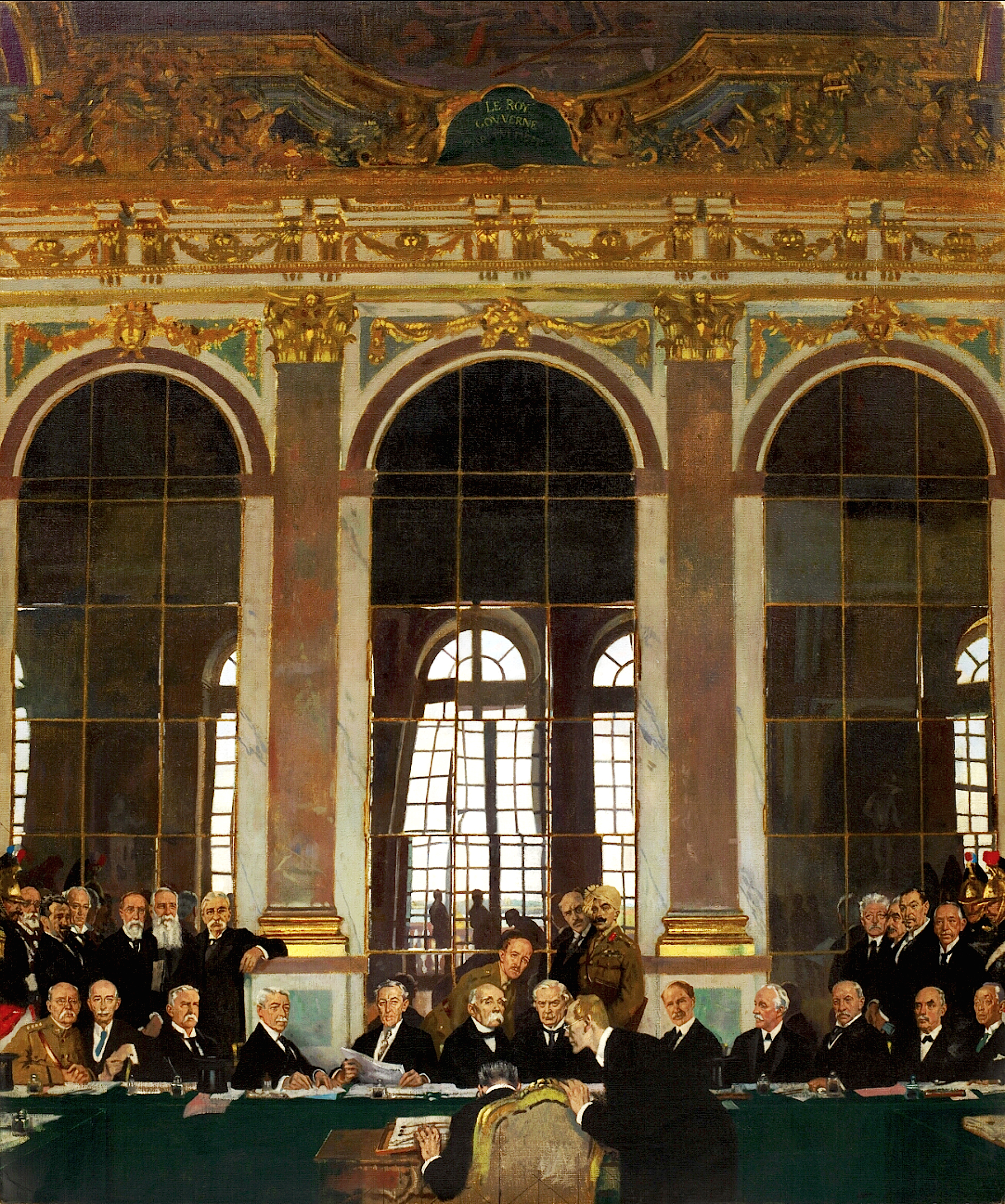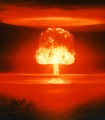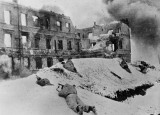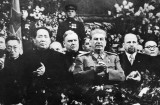List of author's articles

A tragedy called the Versailles system
As early as 1915, it was clear that the main battlefield of the First World War - the Western Front - had a stalemate. As in previous conflicts, especially the wars of inheritance in the 18th century, there may have been hopes that diplomats would eventually solve the problems. Unfortunately, all these hopes soon came to fruition.

Al-Aqsa Intifada

Arafat, PLO, Israel and peace?

Beer Hall Putsch 1923
After its defeat in World War I, Germany ceased to be a monarchy. The so-called Weimar Republic was created. It was in the early 1920s, in the throes of a huge crisis.
As always, extreme forces took advantage of the bleak economic situation. The extreme left, represented by the Communists, grew enormously in importance. Against them, fiercely nationalist forces were forming. Fighting between the Communists and the so-called Freikorps was a daily occurrence on the streets of Germany.

Blockade of West Berlin 1948-1949

Chao C'yang

Dwight David Eisenhower
The life and work of a former commander in chief of Allied troops in World War II and a prominent post-war American president.

Execution in Nuremberg in the diaries of Albert Speer

Helsinki Process and CSCE

Josef Pekař and evaluation of the Hussites

Long telegram

Metternich's policy during the Napoleonic Wars

Nuclear strategic concept of the West in the Cold War
The article deals with a brief evaluation of the four most important strategic concepts of the Western Powers (mass retaliation, flexible response, MAD and SDI).

Political will of Adolf Hitler on April 29, 1945

Prussian-Austrian war

Prussian-Austrian war

Prussian-Austrian war

Prussian-Austrian war

Prussian-Austrian war

Prussian-Austrian war

Prussian-Austrian war

Prussian-Austrian war

Prussian-Austrian war

Prussian-Austrian war

Prussian-Austrian war

The beginnings of NATO (1949-1952)

The fall of communism in Hungary

The final battles of Stalingrad as seen by the Nazi press of the time
The article is devoted to the description of the final battles of Stalingrad, as reported by the Nazi press of the time - specifically the daily Elbetalzeitung.

The rift between China and the USSR
The two allies from the beginning of the Cold War gradually got into bigger and bigger disputes, which eventually escalated into armed struggles at common borders.

Thesis: The War in North Africa 1941 - 1943 from the perspective of the contemporary Nazi press of the Sudetenland

US Army in Bohemia

USA versus Libye

War in Africa 1940-1943

War in Africa 1940-1943

War in Africa 1940-1943

War in Africa 1940-1943

War in Africa 1940-1943

War in Africa 1940-1943

War in Africa 1940-1943

War in Africa 1940-1943

War in Africa 1940-1943

War in Africa 1940-1943

War in Africa 1940-1943

War in Africa 1940-1943

War in Africa 1940-1943

War in Africa 1940-1943

War in Africa 1940-1943

War in Africa 1940-1943 - Operation Torch
As Rommel began his retreat to the west, the Allies conducted their first joint amphibious operation. On November 8, 1942, Anglo-American troops landed under General Eisenhower in Northwest Africa.

War in North Africa 1940-1943

Western European Union

When did the Cold War begin and end?
Join us
We believe that there are people with different interests and experiences who could contribute their knowledge and ideas. If you love military history and have experience in historical research, writing articles, editing text, moderating, creating images, graphics or videos, or simply have a desire to contribute to our unique system, you can join us and help us create content that will be interesting and beneficial to other readers.
Find out more